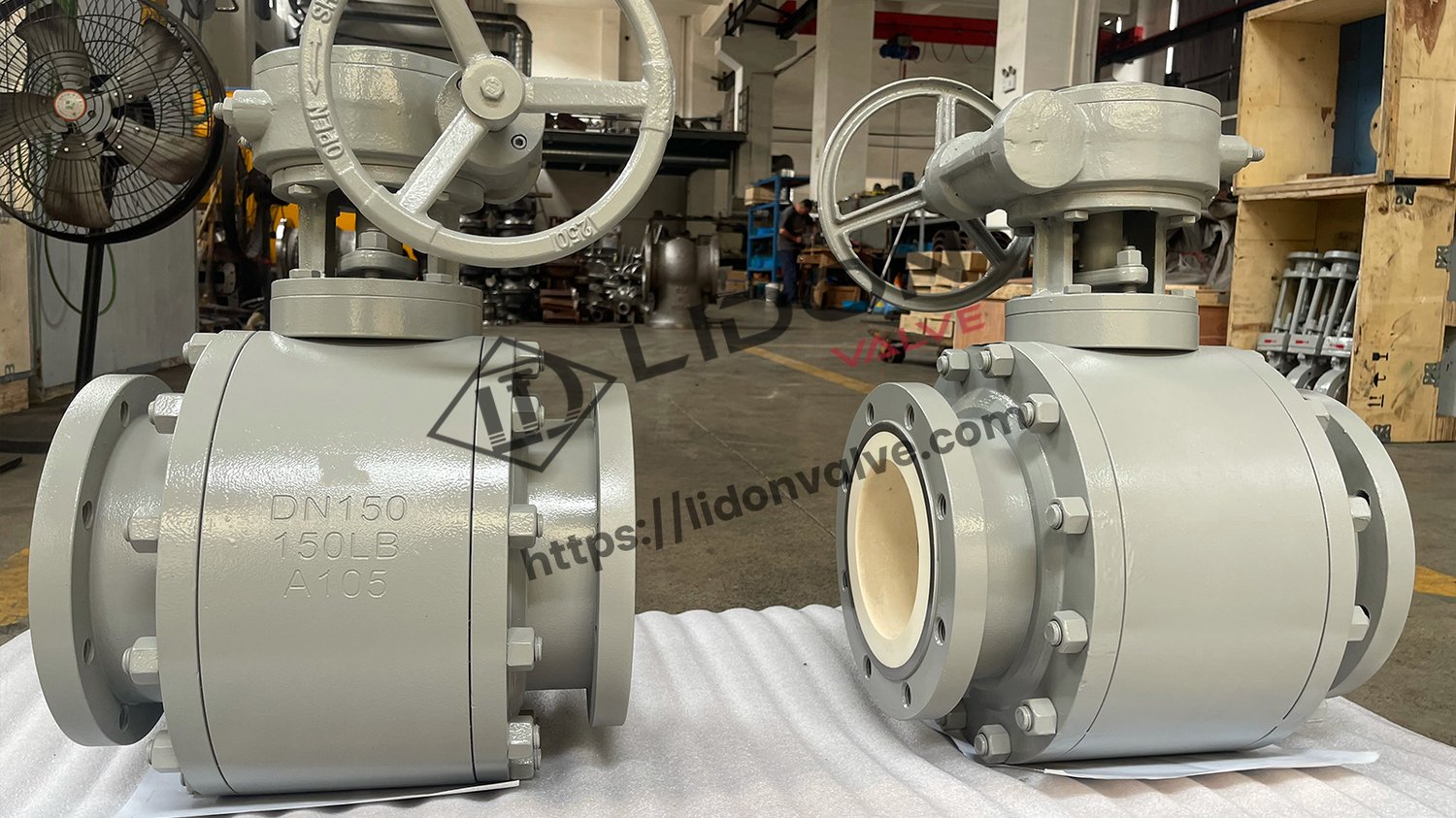Introduction:
PVC ball valves are an essential component in many plumbing systems, but as with any mechanical device, they are subject to wear and tear over time. This raises the question: Do PVC ball valves fail?? In this article, we’ll examine the factors that can contribute to valve failure and what you can do to prevent it.
Pressure and Temperature:
PVC ball valves are designed to handle specific levels of pressure and temperature. Exceeding these limits can cause valve failure. Very high temperatures can cause the valve to melt or warp, while very low temperatures can cause the valve to become brittle and crack. Pressure that is too high can cause the valve to burst, while pressure that is too low can cause the valve to leak. It’s important to ensure that your valve is rated for the specific pressure and temperature within your system.
Corrosion:
PVC is highly resistant to corrosion, but it is not immune. Over time, the valve can develop small cracks due to exposure to harsh chemicals, UV radiation, or other environmental factors. These cracks can gradually worsen and eventually lead to valve failure. To prevent corrosion, it’s important to choose a high-quality valve that is made from durable materials and is designed to resist chemical exposure.
Faulty Installation:
Poor installation can also contribute to valve failure. Improperly installed valves may be unstable, leading to premature wear and tear. The valve may not be sealed properly, leading to leaks and other issues. To ensure proper installation, it’s important to hire a professional or follow the manufacturer’s installation instructions carefully.
Aging:
Like any mechanical device, PVC ball valves have a lifespan. Over time, wear and tear can lead to valve failure. This can be exacerbated by exposure to high temperatures or pressure, as well as corrosive environments. When you notice signs of wear and tear, such as cracks or leaks, it may be time to replace the valve.
Poor Maintenance:
Proper maintenance is essential to ensure the longevity and reliability of PVC ball valves. Failure to maintain the valve can lead to buildup of debris, which can block the valve and prevent it from functioning properly. This can cause pressure buildup and eventual valve failure. To prevent this, it’s important to regularly inspect and clean the valve according to the manufacturer’s instructions.
Impact Damage:
PVC ball valves can also fail due to impact damage. This can occur during installation, but it can also happen during regular use. High-impact events, such as earthquakes or severe weather, can also damage the valve. To prevent impact damage, it’s important to choose a valve that is made from durable materials and is designed to withstand impact.
Water Hammer:
Water hammer is a common problem in plumbing systems and occurs when water is suddenly stopped or redirected, causing pressure buildup and vibrations. Over time, these vibrations can cause wear and tear on the valve, leading to eventual failure. To prevent water hammer, it’s important to install water hammer arrestors and ensure that the valve is properly secured and supported.
Incompatible Fluids:
PVC ball valves are designed to work with specific fluids, and using the wrong fluid can cause valve failure. For example, using a valve that is designed for water with corrosive chemicals can cause the valve to fail prematurely. It’s important to choose a valve that is designed to work with the specific fluid in your system.
Prolonged Exposure to Sunlight:
PVC ball valves are sensitive to ultraviolet (UV) light, which can cause the valve to become brittle and crack over time. To prevent UV damage, it’s important to choose a valve that has been designed to resist UV exposure or to install the valve in a shaded area.
Conclusion:
While PVC ball valves are generally reliable and durable, they can fail due to a variety of factors. By understanding the potential causes of valve failure and taking steps to prevent them, you can ensure that your plumbing system operates safely and effectively. Regular maintenance and inspection can also help to prevent valve failure and extend the life of your PVC ball valve.

